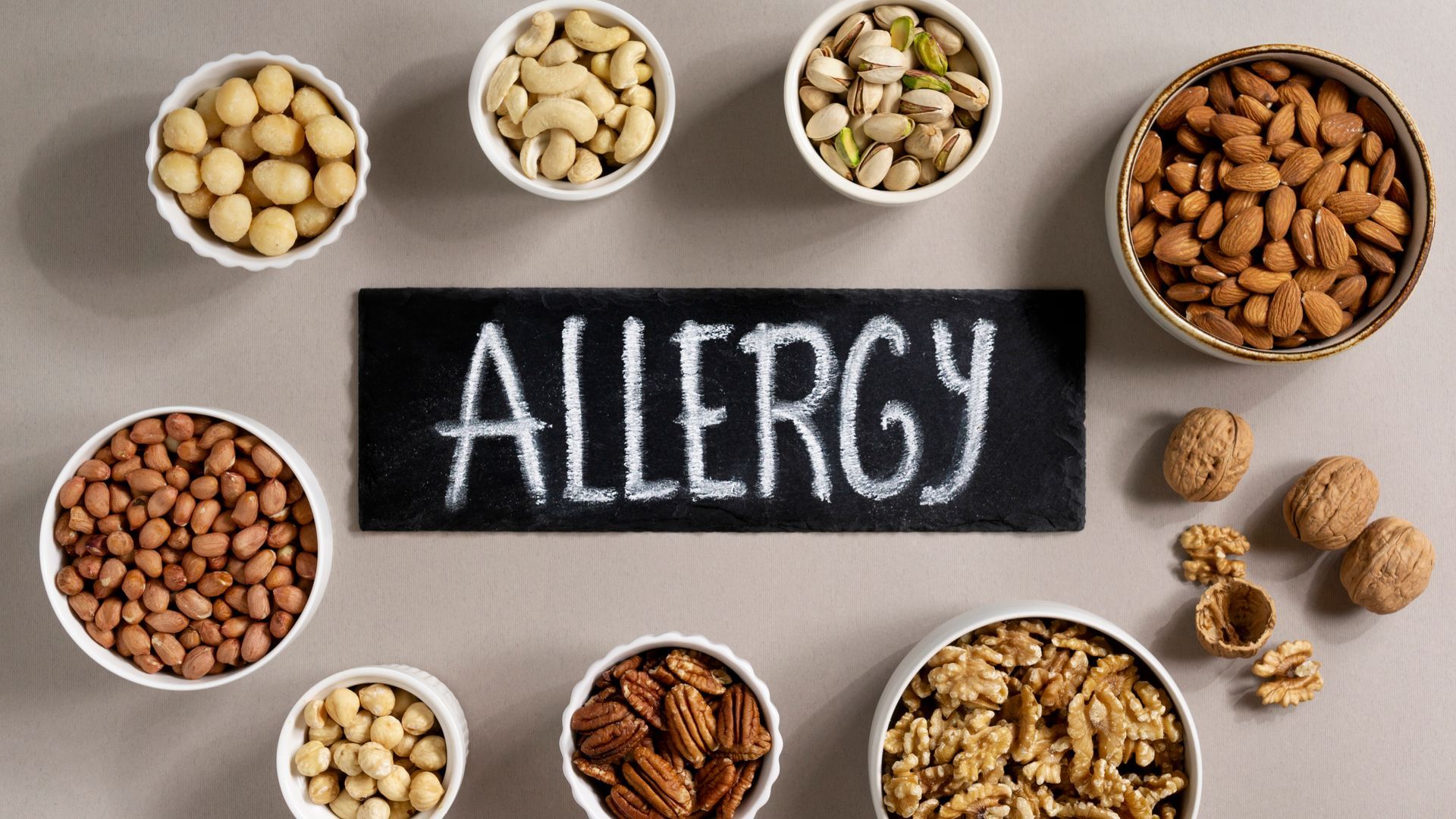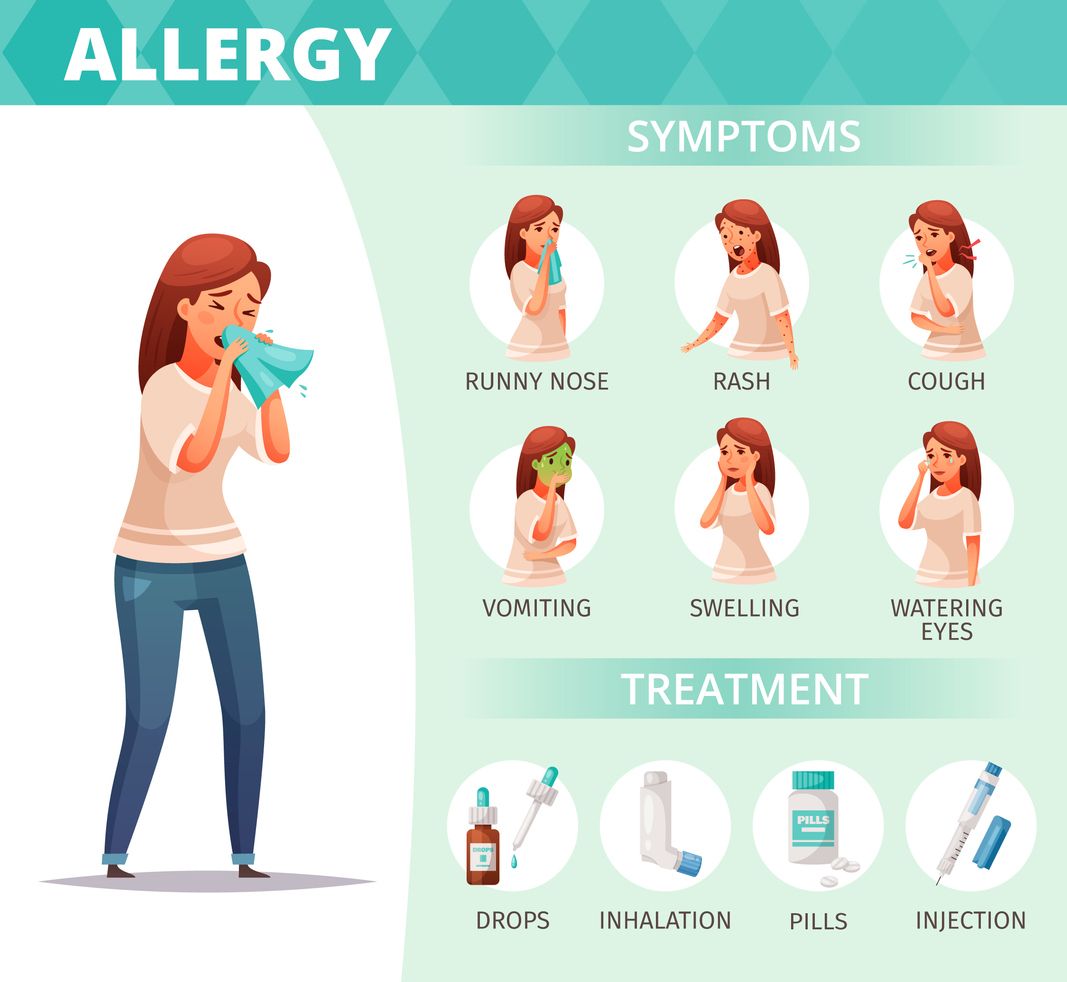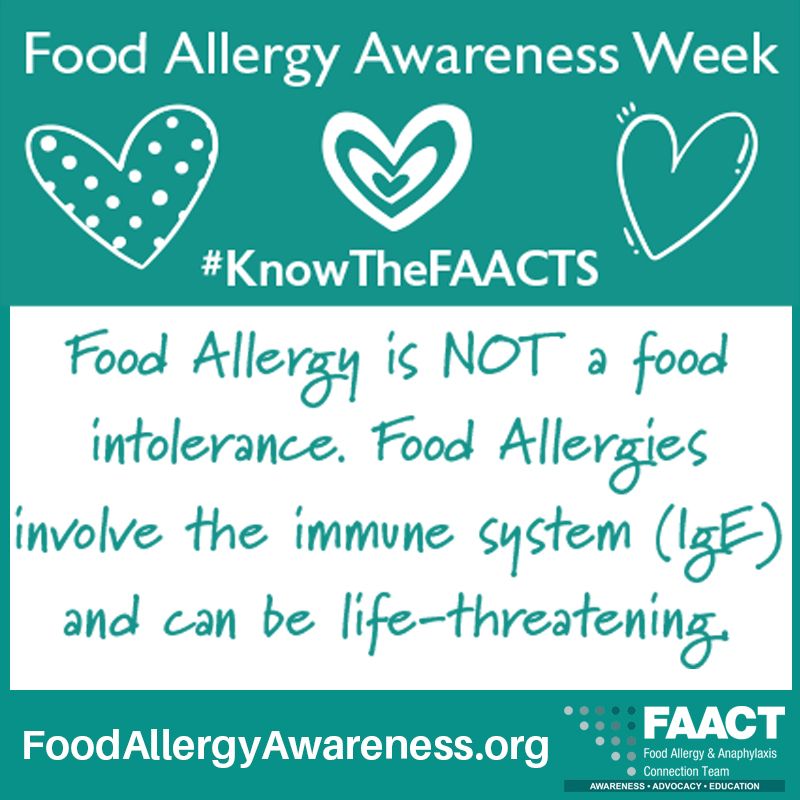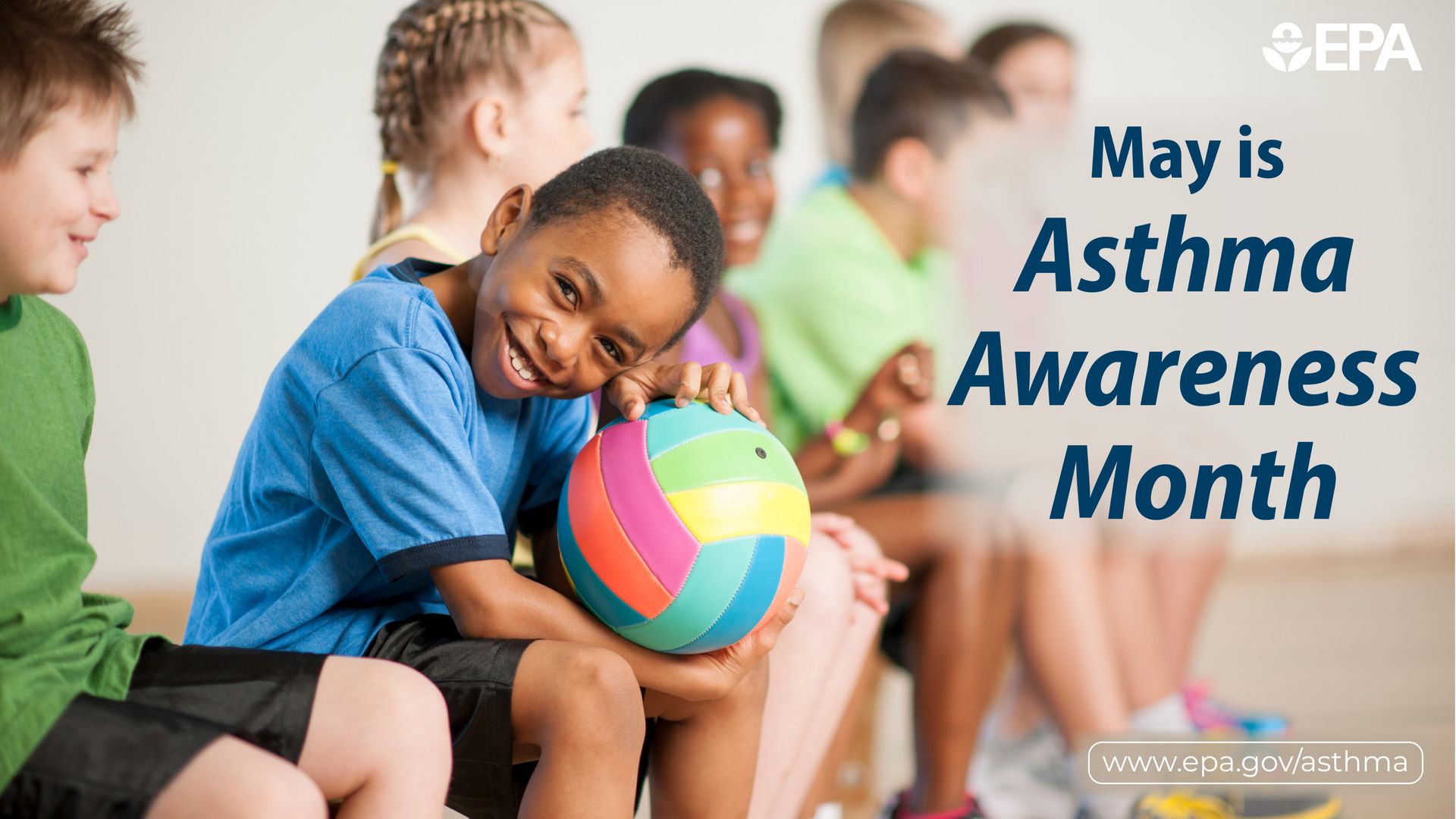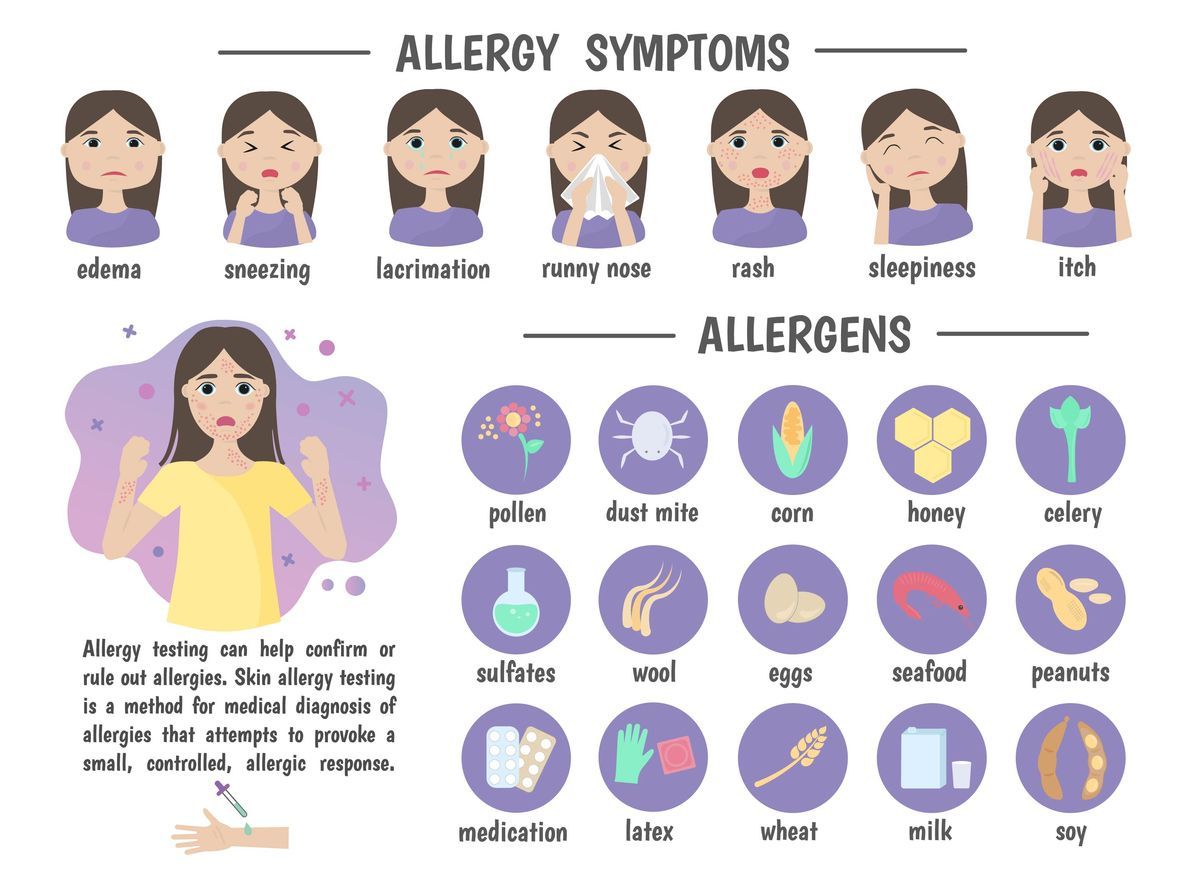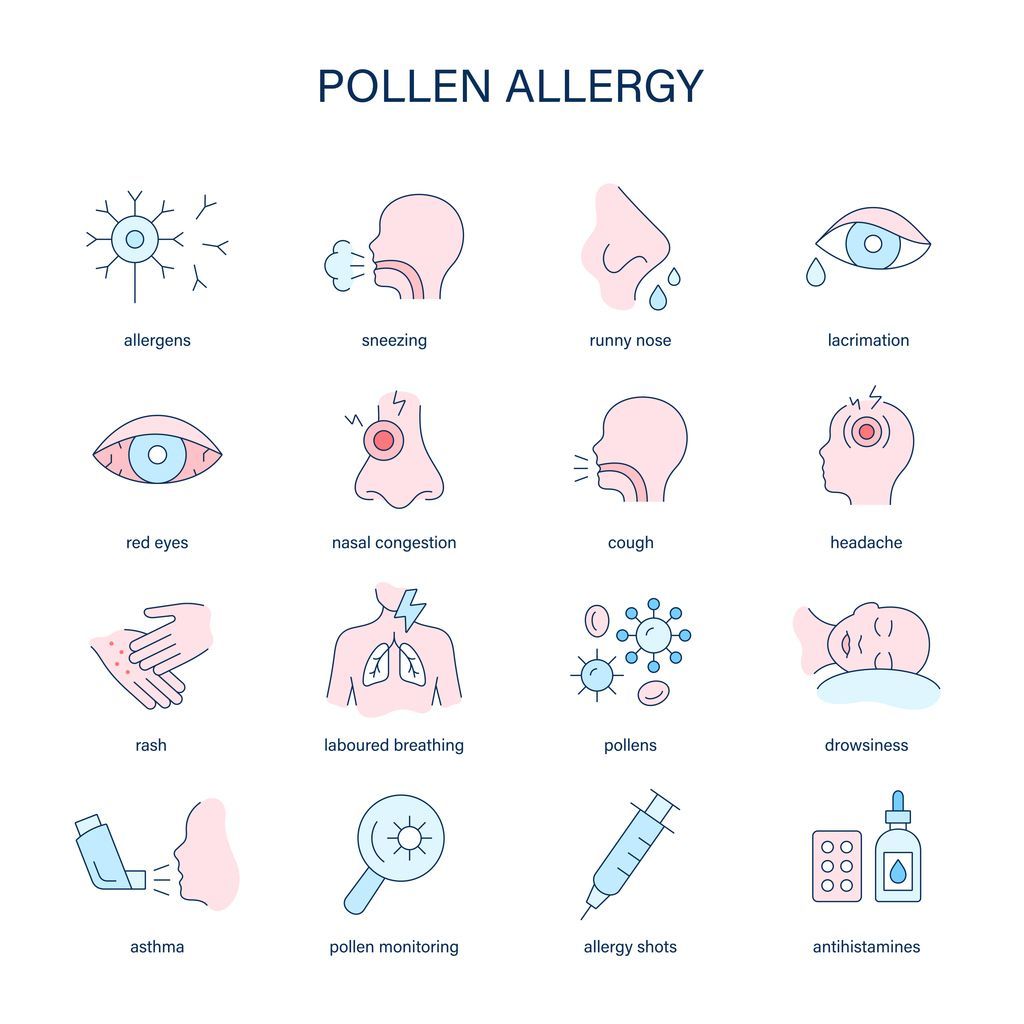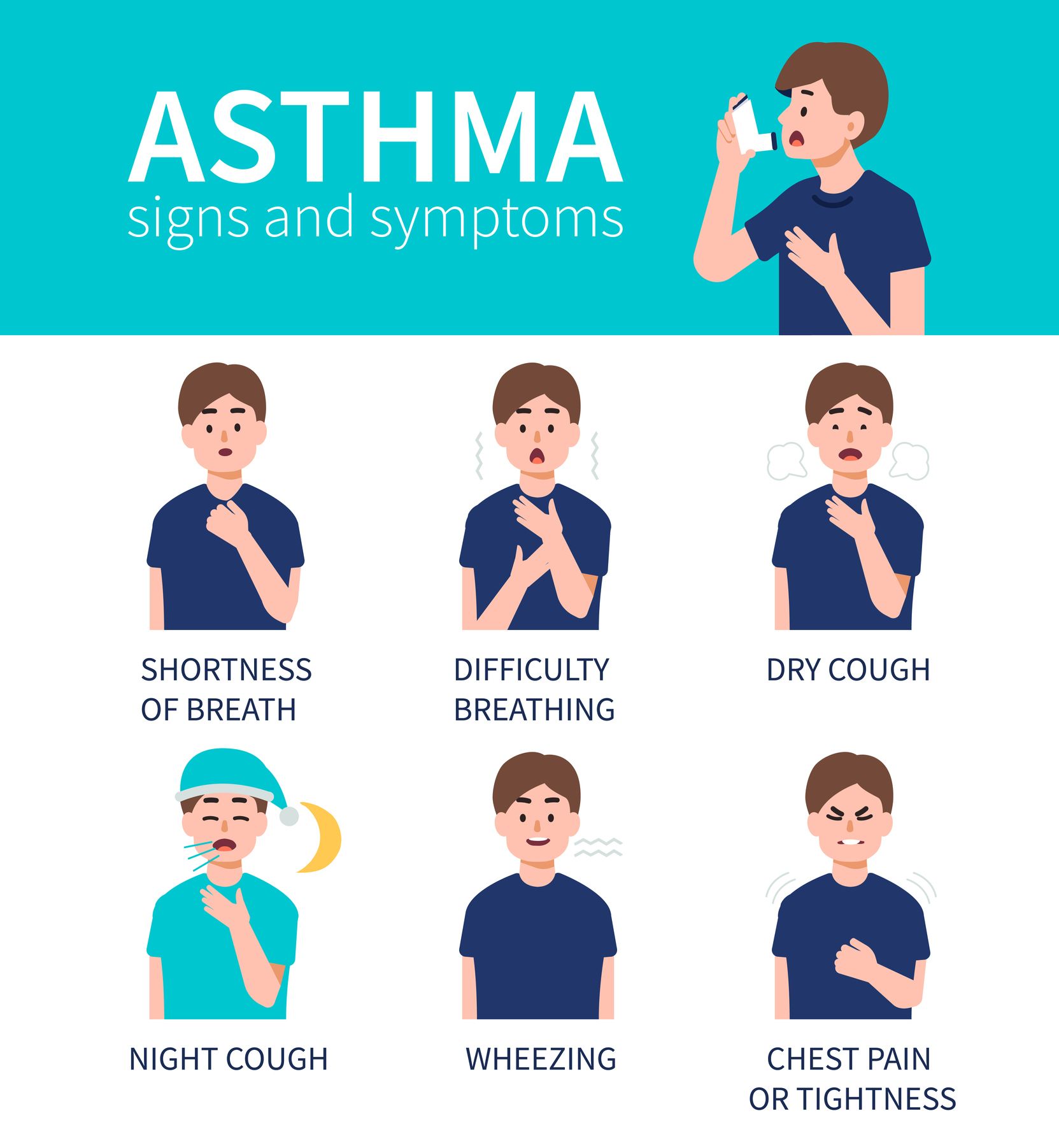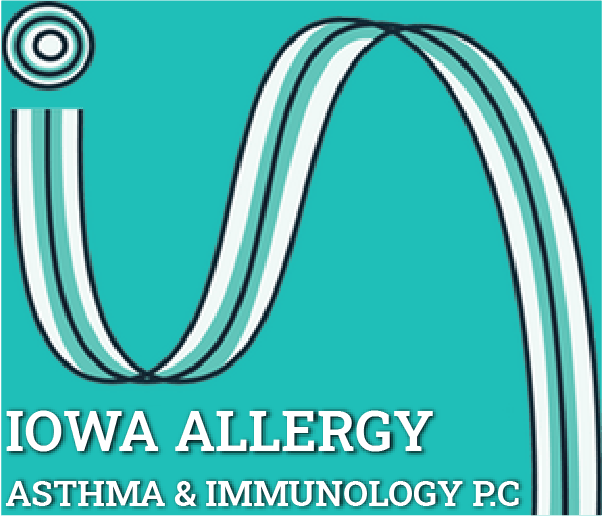Mold Allergy: Understanding the Symptoms, Impact, and Solutions

For many individuals, mold allergy is an often-overlooked health challenge that can significantly affect daily life. Mold spores are tiny fungi that thrive in damp, humid environments, and their presence can trigger various allergy symptoms in sensitive individuals. If you're in Iowa, where seasonal changes bring unique challenges, understanding mold allergy becomes even more critical. Let’s delve into the signs, how mold allergy affects your health, its relationship to winter, and how
Iowa Allergy can help you manage it effectively.
Signs of Mold Allergy
Mold allergy symptoms often mimic those of other respiratory allergies, which can make diagnosis tricky. Common signs include:
- Respiratory Issues: Sneezing, nasal congestion, and a runny nose.
- Eye Irritation: Watery, red, or itchy eyes.
- Coughing and Wheezing: Particularly noticeable in individuals with asthma.
- Skin Reactions: Rashes or itchiness after mold exposure.
- Sinus Problems: Headaches or pressure from inflamed sinuses.
These symptoms can range from mild to severe and may worsen with prolonged exposure to mold-infested environments.
How Mold Allergy Affects Overall Health
Mold allergy does more than cause discomfort; it can lead to chronic health issues:
- Compromised Immune System: Persistent exposure can weaken your body’s ability to fight off other allergens or infections.
- Exacerbation of Asthma: Mold spores can be potent asthma triggers, leading to frequent attacks.
- Fatigue and Brain Fog: Mold exposure can cause fatigue and cognitive issues, affecting productivity and quality of life.
If left unaddressed, mold allergy can diminish overall well-being, especially during the colder months.
Why Mold Allergy Worsens in Winter
While most people associate mold with damp spring and summer conditions, winter poses unique risks:
- Indoor Mold Growth: As we seal our homes to keep out the cold, trapped humidity creates the perfect environment for mold growth, especially in basements, bathrooms, and poorly ventilated spaces.
- Holiday Triggers: Decorations and firewood stored in damp conditions may harbor mold spores.
- Prolonged Indoor Exposure: Spending more time indoors increases contact with mold-laden environments.
Understanding these triggers can help you better prepare for mold management during the colder months.
How to Get Rid of Mold and Protect Against Mold Allergy
Effective mold management requires a proactive approach:
- Control Humidity Levels: Use dehumidifiers to maintain indoor humidity below 50%.
- Improve Ventilation: Regularly ventilate rooms prone to moisture buildup, such as bathrooms and kitchens.
- Address Leaks Promptly: Repair leaks in roofs, walls, and plumbing to prevent water accumulation.
- Clean Smartly: Use mold-killing cleaners for affected surfaces, and avoid using carpeting in areas prone to dampness.
- Regular Inspections: Periodically check for hidden mold in attics, basements, and HVAC systems.
If symptoms persist despite these efforts, consulting a specialist is essential.
How Iowa Allergy Can Help
At Iowa Allergy, we understand the challenges mold allergy presents and offer personalized care to help you breathe easier:
- Accurate Testing: We use advanced diagnostics to confirm mold allergy and identify specific triggers.
- Customized Treatment Plans: From immunotherapy (allergy shots) to medication management, we tailor solutions to your needs.
- Ongoing Support: Seasonal consultations ensure your symptoms remain under control, even during challenging winter months.
Our team of allergy specialists is here to empower you with the knowledge and tools to manage mold allergies effectively.
Take Control of Mold Allergy Today
Don’t let mold allergy affect your health or quality of life. Whether it’s preventing indoor mold growth, addressing symptoms, or finding professional care, you have the power to take action. With the expertise of
Iowa Allergy, you can enjoy clearer, healthier seasons ahead.
Contact us today to schedule a consultation and start your journey toward better respiratory health!


